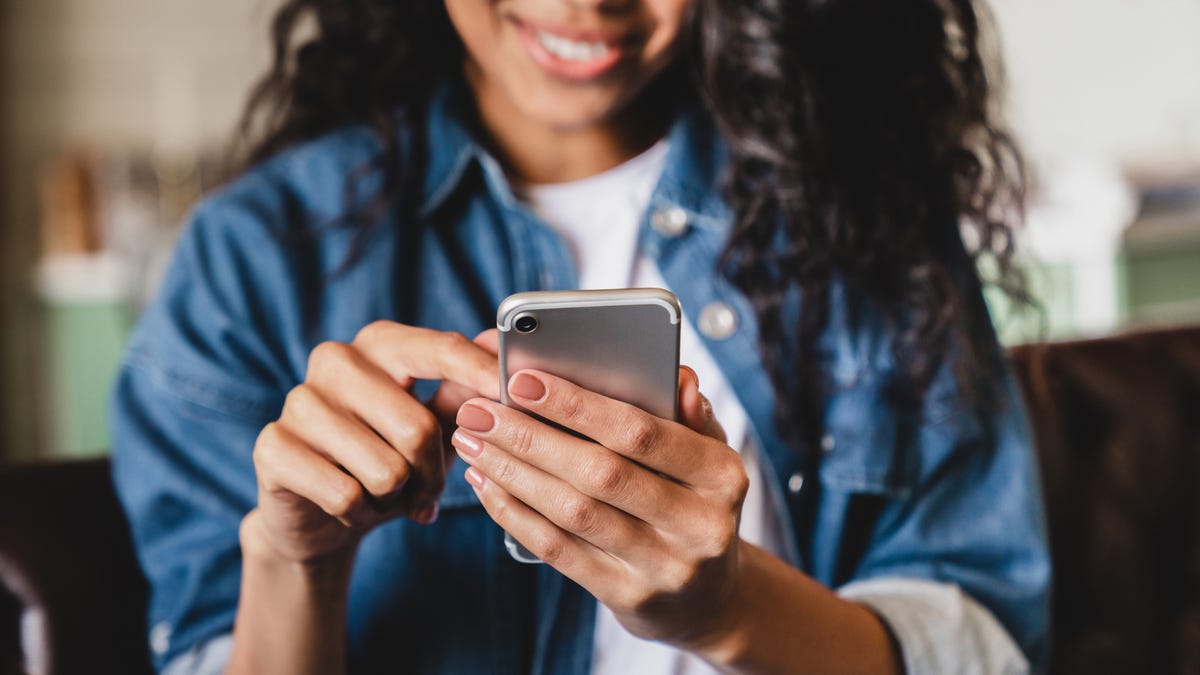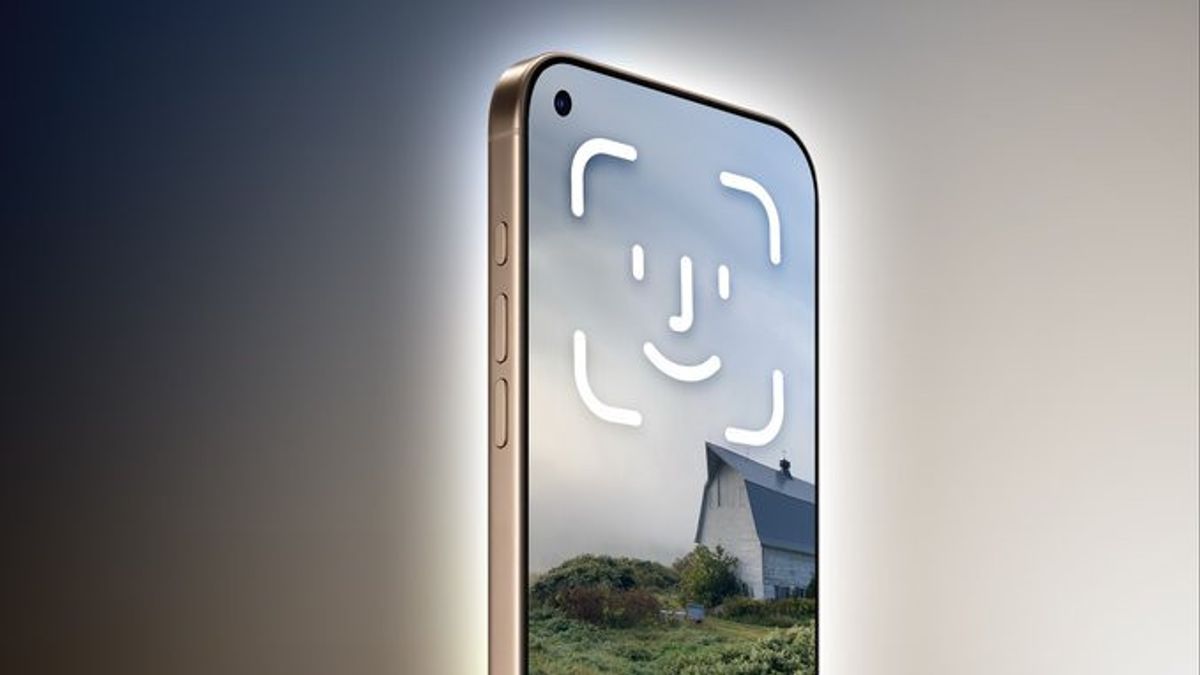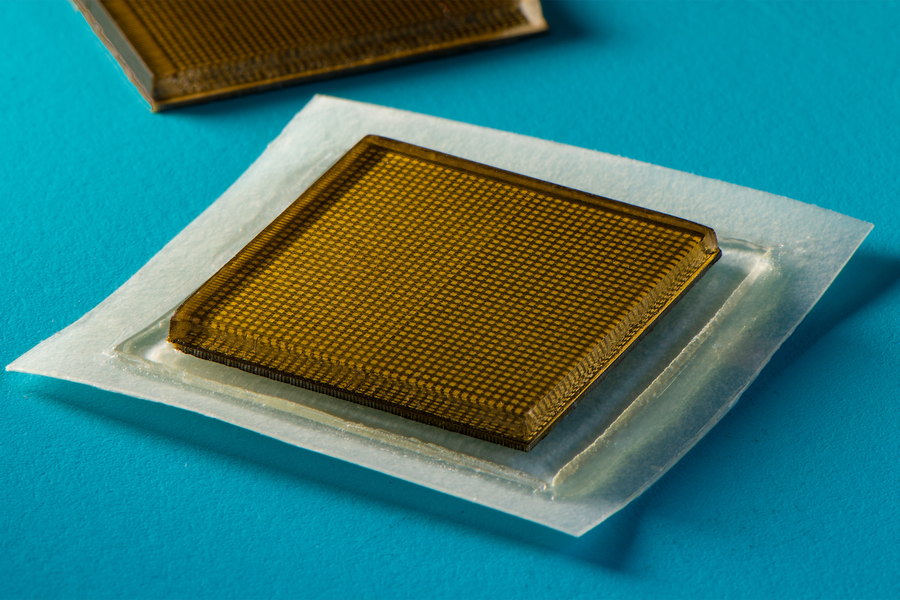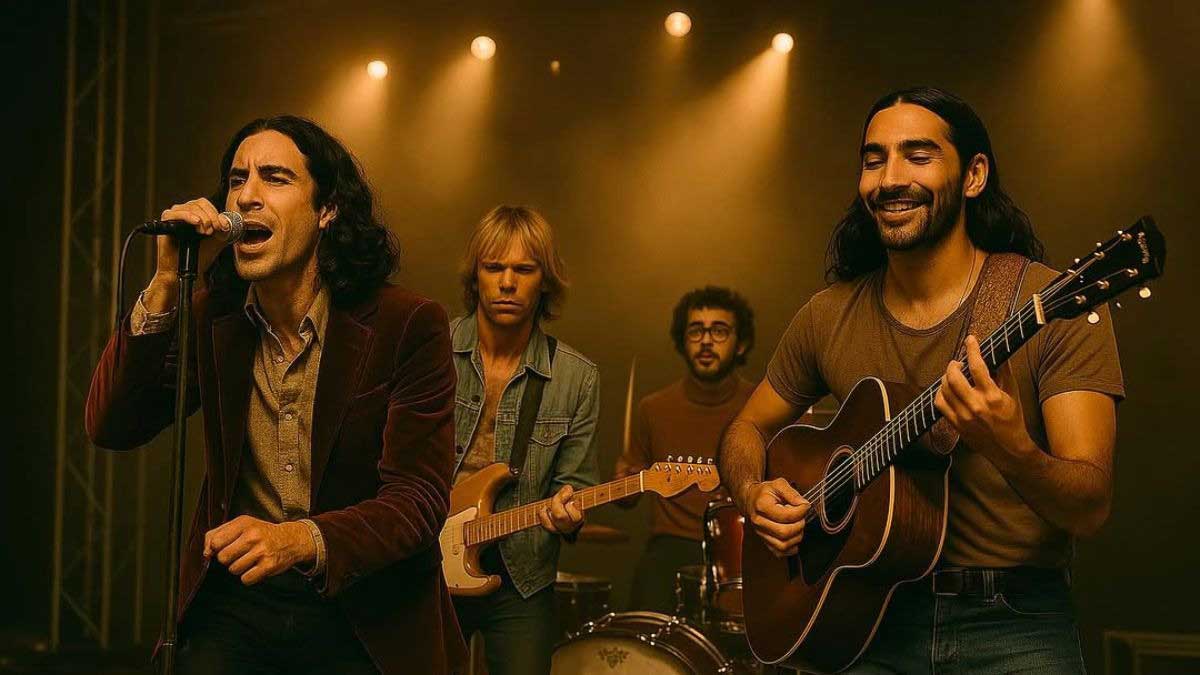
AI-Generated Music: Is the Future of Pop Already Here?
- Entertainment
- October 13, 2025
- 316
In the past five years, artificial intelligence has moved from the fringes of music production to the center stage. What began as experimental soundscapes generated by neural networks has evolved into full-fledged pop songs, complete with catchy hooks and emotionally resonant lyrics. AI musicians are no longer curiosities—they’re collaborators, competitors, and in some cases, standalone stars.
One of the most striking recent examples is The Velvet Sundown, a psychedelic rock band that emerged in mid-2025 with no known members, no live performances, and no interviews. Their debut album, Floating on Echoes, quickly amassed over a million monthly listeners on Spotify, captivating audiences with its hazy, algorithmically smooth sound. It was later revealed that the project was entirely AI-generated, sparking both fascination and controversy across the music industry.
Similarly, Aventhis—a virtual pop artist—has gained traction for releasing emotionally rich tracks crafted with generative AI tools. With no human vocalist behind the mic, Aventhis represents a new breed of synthetic performer, one that blurs the line between machine and musician.
Pop Music Meets Machine Learning
Pop music, with its formulaic structure and emphasis on repetition, has proven fertile ground for AI experimentation. Platforms like AIVA and Jukebox by OpenAI have generated compositions that mimic the styles of artists ranging from The Beatles to Ariana Grande. These systems analyze vast datasets of existing music to learn patterns, chord progressions, and lyrical themes, then recombine them into new works.
The results are often uncanny. Jukebox, for instance, has produced songs that sound eerily like unreleased tracks from Elvis Presley or Frank Sinatra. While the fidelity varies, the emotional tone and stylistic accuracy are striking. In some cases, listeners have mistaken AI-generated tracks for genuine archival recordings.
Genre-Bending Experiments and Virtual Idols
Beyond pop, AI is making waves in other genres. In electronic music, YACHT’s 2019 album “Chain Tripping” was composed using machine learning models trained on the band’s previous work. The result was a retro-futuristic sound that blurred the line between human creativity and algorithmic suggestion.
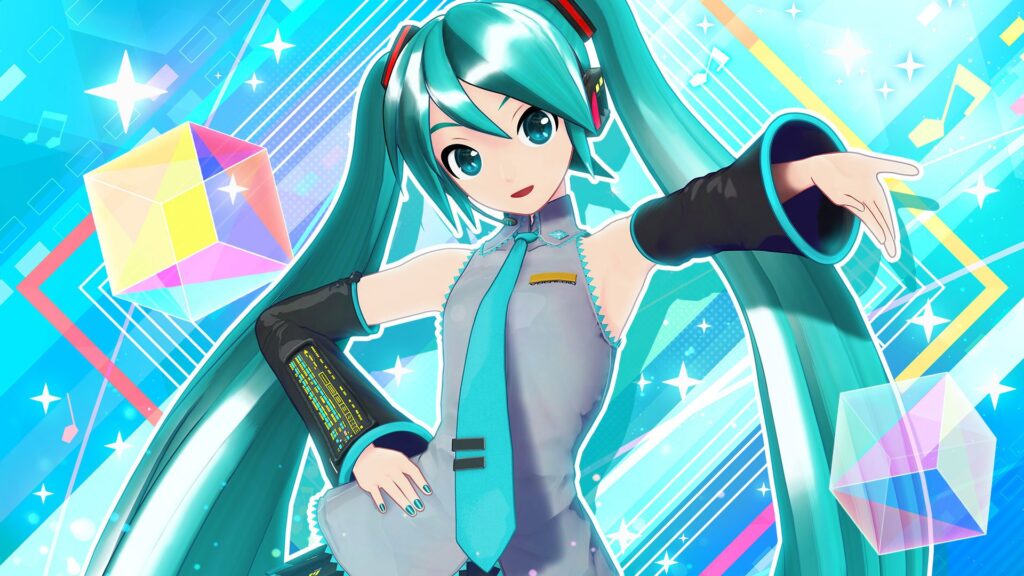
In Japan, virtual idols like Hatsune Miku—powered by vocal synthesis software—have been performing for over a decade. While not strictly AI-generated, these characters have paved the way for more sophisticated systems that can write, sing, and even interact with fans. The emergence of AI-generated K-pop tracks, some created using tools like Soundraw and Boomy, suggests that the genre’s polished production style is particularly well-suited to automation.
Ethical and Creative Implications
As AI-generated music becomes more mainstream, questions about authorship, originality, and compensation are intensifying. Who owns a song created by an algorithm? Should AI be credited as a composer? These debates are not merely academic—they have real implications for copyright law, royalties, and the future of creative labor.
Some artists embrace AI as a tool, likening it to a synthesizer or drum machine. Others worry that it could dilute the emotional authenticity of music or replace human musicians altogether. The truth likely lies somewhere in between: AI is a powerful collaborator, but not a replacement for human intuition and lived experience.
What Comes Next
The future of pop music may not be entirely synthetic, but it will almost certainly be shaped by algorithms. As AI tools become more accessible, artists of all levels will be able to experiment with new sounds, generate ideas, and push the boundaries of genre and form. Whether this leads to a renaissance of creativity or a homogenization of style remains to be seen.
For now, AI-generated music is less a threat and more a mirror—reflecting our tastes, habits, and cultural obsessions back at us with uncanny precision. The machines are listening. And they’re learning to sing.

